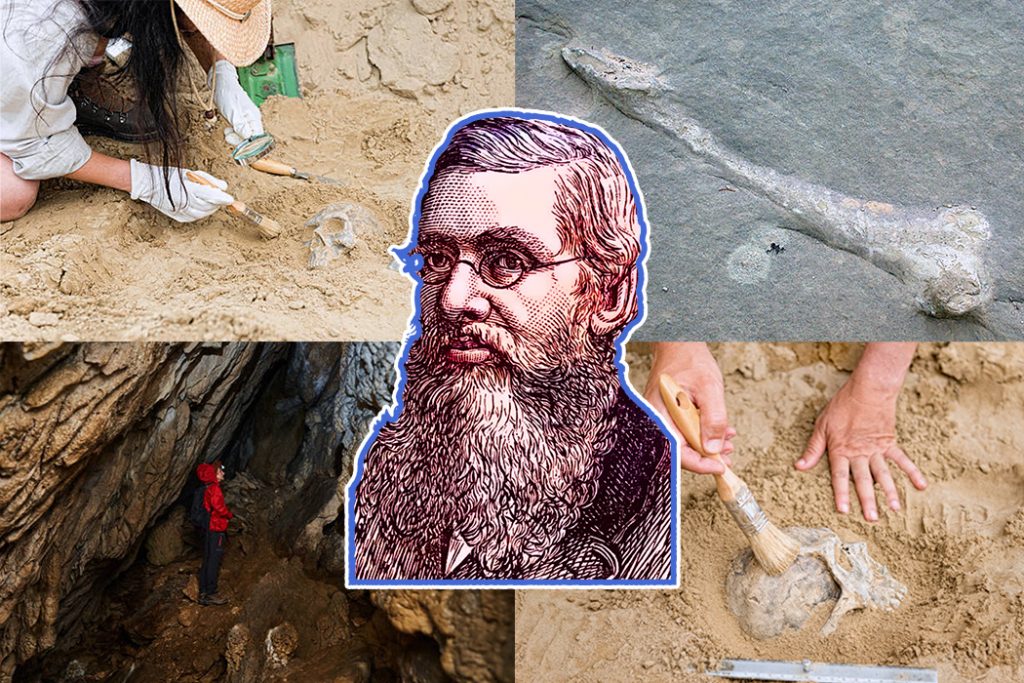Anthropologists are scientists who study human culture and behavior in all its diverse forms. They employ a wide range of research methods, including ethnography, archaeology, linguistics, and biological anthropology, to gain a deep understanding of the societies, cultures, and individuals they study.
One of the key goals of anthropology is to understand how human societies have evolved over time. Anthropologists study the physical, social, and cultural development of human beings, from our earliest ancestors to the diverse cultures that exist today. They also examine the ways in which human societies interact with their physical environment, including the use of natural resources and the impact of human activities on the environment.
Anthropologists also study the ways in which human societies are organized, including social and political structures, economic systems, and religious practices. They investigate how these structures and systems shape the lives of individuals and groups and how they change over time. Additionally, anthropologists analyze the relationships between different cultures and societies, exploring issues of power, inequality, and globalization.

Another important area of study for anthropologists is the study of human language and communication. Anthropologists study the ways in which language is used in different cultures and how it shapes social interaction and the transmission of cultural knowledge. They also study the ways in which different languages are related to each other and how they have evolved over time.
Anthropologists conduct research in a wide range of settings, from remote villages and ancient ruins to modern cities and corporate offices. They work in academic institutions, government agencies, non-profit organizations, and private companies. Many anthropologists also participate in fieldwork, traveling to study the cultures and societies they are interested in.
Anthropology is a multidisciplinary field, and anthropologists often collaborate with scholars from other disciplines, including sociology, psychology, archaeology, and history. They are also involved in public policy, working to address issues related to social justice, cultural heritage, and sustainable development.
In conclusion, anthropologists are scientists who study human culture and behavior from a holistic and comparative perspective. They use a wide range of research methods to gain a deep understanding of the societies, cultures, and individuals they study. The knowledge generated by anthropologists contributes to a better understanding of human societies, cultures, and individuals and can inform policy and decision-making.
Author
Stay connected for new publications, events, and more.






More Stories
Le rôle de l’IA dans la surveillance de masse en Chine
La technologie et l’éthique de l’intelligence artificielle
Cybersécurité : Un bouclier invisible à l’ère numérique